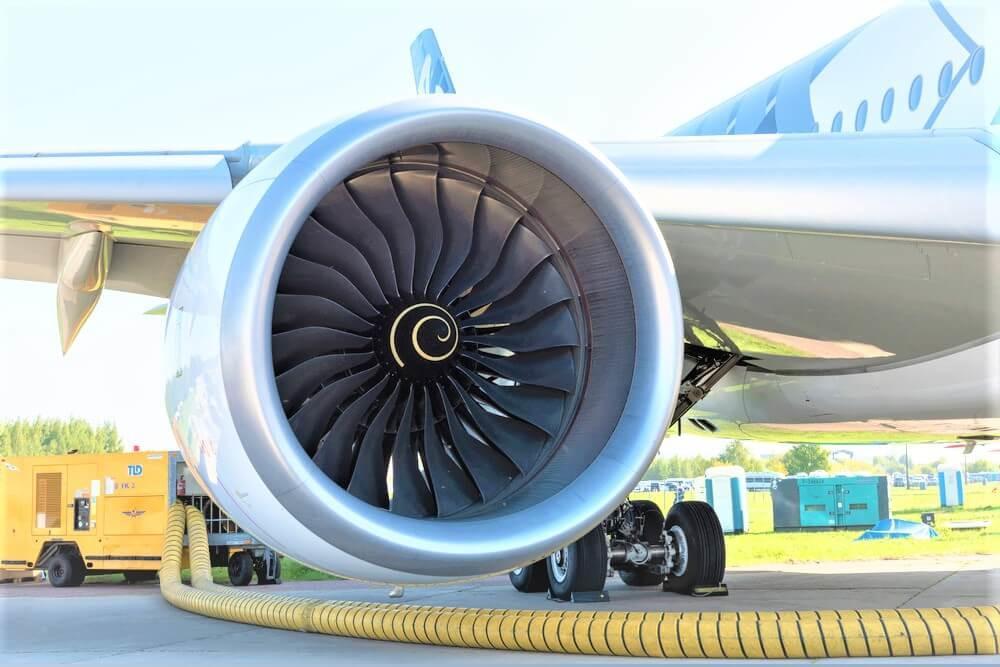
For full-year 2023, Rolls-Royce expects engine flying hours to be 80-90% of 2019 levels.
An aftermarket-led revival of Rolls-Royce’s civil aerospace fortunes has prompted the engine manufacturer to upgrade its profit forecast significantly.
The OEM now expects underlying operating profit for the first six months of 2023 to be up to double analysts’ expectations, at £660 million ($853 million) to £680 million.
Furthermore, free cash flow is estimated to come in at around £350 million—seven times the consensus forecast.
Civil aerospace and defense have been the main drivers of growth, although it is the former segment that has undergone the biggest revival.
Driven by higher aftermarket profitability, which reflects higher volumes and Rolls-Royce’s commercial optimization actions, civil aerospace’s underlying operating profit for the first half is expected to be around £400 million, versus a £79 million loss in the prior-year period.
With engine flying hours (which determine maintenance payments on many Rolls-Royce service contracts) growing to 83% of 2019 pre-pandemic levels in the first half, Rolls-Royce’s long-term services agreement balance increased by £700 million, driving £500 million of higher cash flow. As well as more flying hours, the OEM also noted higher pricing.
Operating profit also benefited from higher spare engines sales and cost efficiencies.
For full-year 2023, Rolls-Royce expects engine flying hours to be 80-90% of 2019 levels, 400-500 total engine deliveries and 1,200-1,300 long-term service agreement shop visits.
“Despite a challenging external environment, notably supply chain constraints, we are starting to see the early impact of our transformation in all our divisions,” said Tufan Erginbilgic, Rolls-Royce’s CEO. “Better profit and cash generation reflects greater productivity, efficiency and improved commercial outcomes."
As Erginbilgic noted, Rolls-Royce is not immune from the supply chain constraints affecting the wider industry. As a result, it has built up higher inventories, which will result in a working capital outflow of £600 million in the first half.





